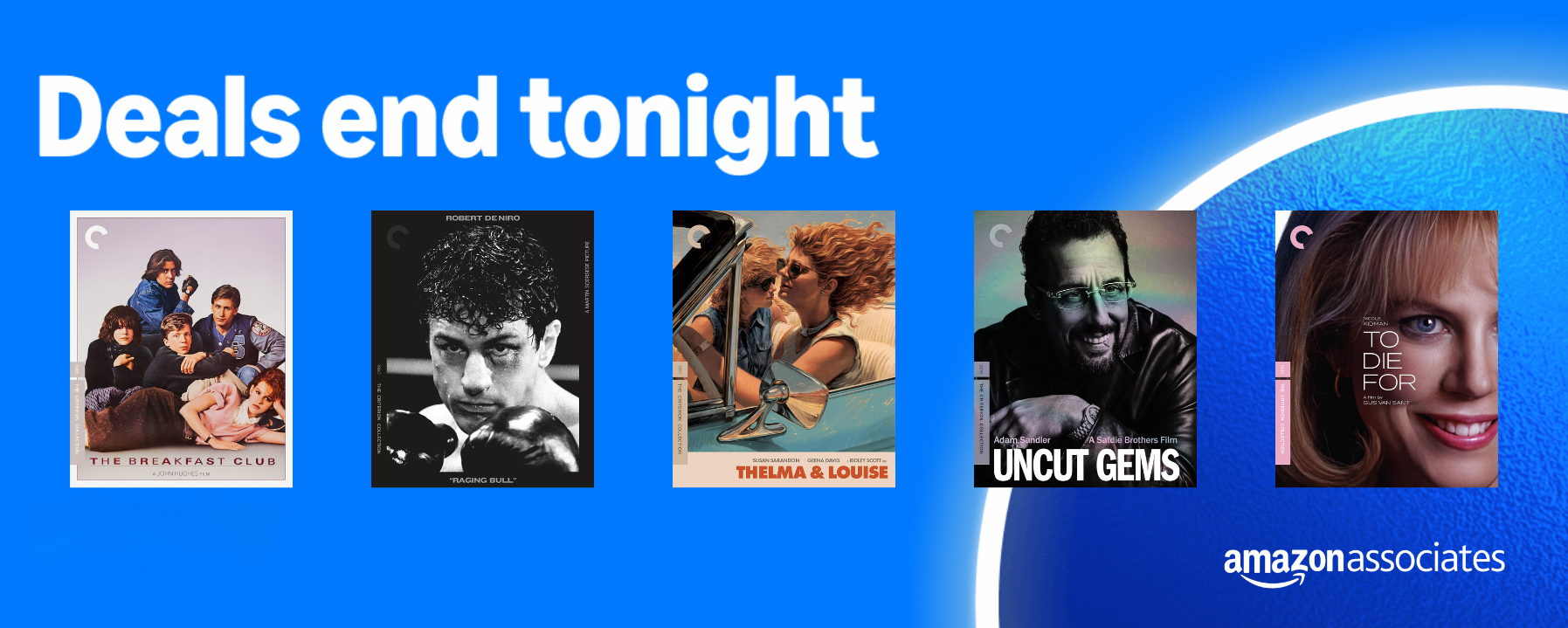HBO Max’s Identity Crisis Is Ending — But Its Future May Depend on Who Buys Warner Bros. Discovery
Casey Bloys during Warner Bros. Discovery’s 2025 Upfront Presentation at The Theater at Madison Square Garden on May 14, 2025 in New York City. Dimitrios Kambouris/Getty Images
HBO is rebuilding itself with unprecedented clarity, even as its parent company faces the most unpredictable ownership landscape in modern Hollywood.
Warner Bros. Discovery is, once again, a company negotiating its future in full public view. The possibility of a sale — long rumored, now openly discussed by insiders — has become the backdrop to every strategic move the company makes. And hovering just behind the uncertainty is the rising influence of Saudi Arabia’s Public Investment Fund (PIF), whose growing appetite for global media and entertainment stakes has become an unignorable factor for executives across town. While no one at WBD will speak directly about the PIF’s intentions, the concern is present in every conversation: what happens to the future of HBO if the company lands in the hands of an investor whose ambitions are commercial, political, or cultural in ways Hollywood has never navigated before?
In that atmosphere of corporate volatility, Casey Bloys is doing something counterintuitive: he is rebuilding HBO slowly, intentionally, and with an almost defiant clarity. Instead of adjusting to the turbulence around him, he’s doubling down on identity — the very thing HBO lost during the chaos of the HBO Max years, the rebrand to “Max,” and the volume-driven scramble to compete with Netflix.
The pivot Bloys is leading is not loud, not flashy, and not algorithmic. It is structural. If the parent company may be sold, HBO will not be. Not culturally. Not creatively. Not philosophically. Bloys’ work positions HBO as the part of WBD that cannot be compromised, and therefore the part that determines whether WBD is still WBD in the years to come.
THE SALE EVERYONE IN HOLLYWOOD IS ALREADY TALKING ABOUT
Getty Images
Inside WBD, executives won’t publicly confirm sale discussions — but privately, practically everyone acknowledges that the company is preparing for the possibility. PIF’s increasing foothold in global entertainment — from esports to film festivals to studio investments — has fueled speculation that Saudi Arabia could become a significant player in any future acquisition or capital event involving WBD.
The anxiety isn’t paranoia. PIF has spent years acquiring assets across international sport, fashion, entertainment, and tech, positioning itself as one of the most aggressively expansionist investors in the world. Its interest in Hollywood is neither theoretical nor subtle. And the implications are complicated. A future in which WBD is partly or wholly influenced by a sovereign wealth fund introduces questions about governance, creative autonomy, journalistic independence, and whether prestige storytelling can truly remain insulated from external agendas.
This is where Bloys’ strategy becomes more than brand stewardship. It becomes cultural defense. HBO’s identity — the rigor of its development, the care taken with its originals, the respect for its creators — is the shield. The stronger the identity, the harder it is for external pressures to reshape the brand. Bloys’ approach acknowledges the reality of the moment without reacting fearfully to it.
If anything, the uncertainty has sharpened HBO’s focus.
A RETURN TO THE HBO THAT MADE HBO
'House of the Dragon,' 'The Pitt,' and 'I Love LA' Theo Whiteman/HBO; Warrick Page/HBO Max; Kenny Laubbacher/HBO
Amid the speculation, Bloys is pushing forward with a programming vision that reads like a restoration project — not nostalgic, but deliberate. He is rebuilding the company’s storytelling spine, using renewals and strategic greenlights as declarations of values.
According to the company, HBO’s renewed slate is built around two pillars: the IP tentpoles that anchor Max’s scale, and the HBO Originals that sustain its cultural authority.
Bloys announced renewals for House of the Dragon and A Knight of the Seven Kingdoms, ensuring that the Game of Thrones universe maintains a yearly cadence through at least 2028. These shows — massive, expensive, and deeply rooted in fan culture — serve as the stabilizing force for Max, offsetting the loss of many theatrical films due to shifting output deals.
But the real heart of HBO’s revival lies in the originals: the daring, author-driven series that defined the network before streaming rewired the business. With Curb Your Enthusiasm closed but Larry David returning in a new comedy series with the Obamas; with legacy voices like Lena Dunham and Issa Rae giving way to new ones like Rachel Sennott; with Euphoria returning after catapulting half its cast into film careers; and with adult dramas like The White Lotus, Task, and the upcoming DTF St. Louis pushing forward with ambition, HBO is reasserting the point of view that distinguished it from every other network.
Bloys describes that vision simply: HBO looks for a point of view — a voice that cannot be mistaken for anything else. In his view, the network has always been strongest when writer-performers and auteurs define the tone. He cites Gary Shandling, Larry David, Lena Dunham, Issa Rae, and Danny McBride as the lineage he trusts. The network’s future depends on extending that lineage.
THE LONG SEASON COMEBACK
The Pitt - Warrick Page/HBO Max
One of the most surprising components of this new era is Bloys’ interest in expanding season length — a return to the long-form structure that defined television before streaming compressed everything into eight-episode arcs. When he started in the industry, seasons were 26 episodes. Then they standardized at 22. Now they hover around eight or ten, a structure he believes limits the scope of character universes and creative development pipelines.
“As an industry, we’ve gotten away from television, which when I started, it was 26 episodes, then the standard kind of whittled down to 22 episodes,” Bloys said. “But you really have to kind of set that up from the beginning to give yourself worlds that generate, in [The Pitt’s] case, 15 hours of story. It’s why hospital shows were a staple, because a new story — or several — walk in the door every time. You know you have to set up first, a world that generates the story, and you also have to work with people who know how to do that, who’ve worked on it for years. It is a different skill, I would say, generating 15 episodes of compelling stories, as opposed to crafting eight to 10.”
Bloys argues that longer seasons — like the 15-hour world-building in the upcoming series The Pitt — are not relics but opportunities. They generate richer characters. They build stronger internal ecosystems. And critically, they train the next generation of showrunners. The craft of telling 15 hours of compelling television is very different from designing eight self-contained climax points. It demands stamina, clarity, and broader narrative architecture. HBO wants to rebuild that muscle.
It is not nostalgia. It is infrastructure.
THE HBO EFFECT
HBO
What emerges from this moment is a surprisingly coherent picture: HBO is settling into the identity that once made it untouchable. Bloys is reviving the ethos behind the old tagline — “It’s not TV. It’s HBO.” — while accepting that streaming is now the method of delivery. He believes people aren’t watching streaming. They’re watching HBO Max. The distinction is philosophical, not technical.
POPULAR ON THE CINEMA GROUP
It explains why the brand still carries cultural trust even after years of corporate upheaval. Viewers may not watch every show, but they trust every show. The question isn’t whether a series becomes their favorite — it’s whether it belongs to a system defined by excellence
THE FUTURE, IF THE FUTURE COOPERATES
hBOMax
None of this resolves the uncertainty surrounding the company’s ownership, nor does it neutralize the industry’s concerns about Saudi investment, foreign influence, or a sale that could reshape the entire entertainment landscape. But Bloys has positioned HBO as the stabilizing force inside an unstable corporation.
If WBD is sold, HBO will be the piece that buyers want most — not for its library, but for its identity.
If PIF expands its influence, HBO is the part of the company most firmly rooted in cultural independence.
And if Hollywood enters another decade of chaos, HBO will survive the same way it always has: by knowing exactly who it is.
In a streaming world obsessed with being everything, HBO’s refusal to be anything but itself may be the most powerful strategy left.

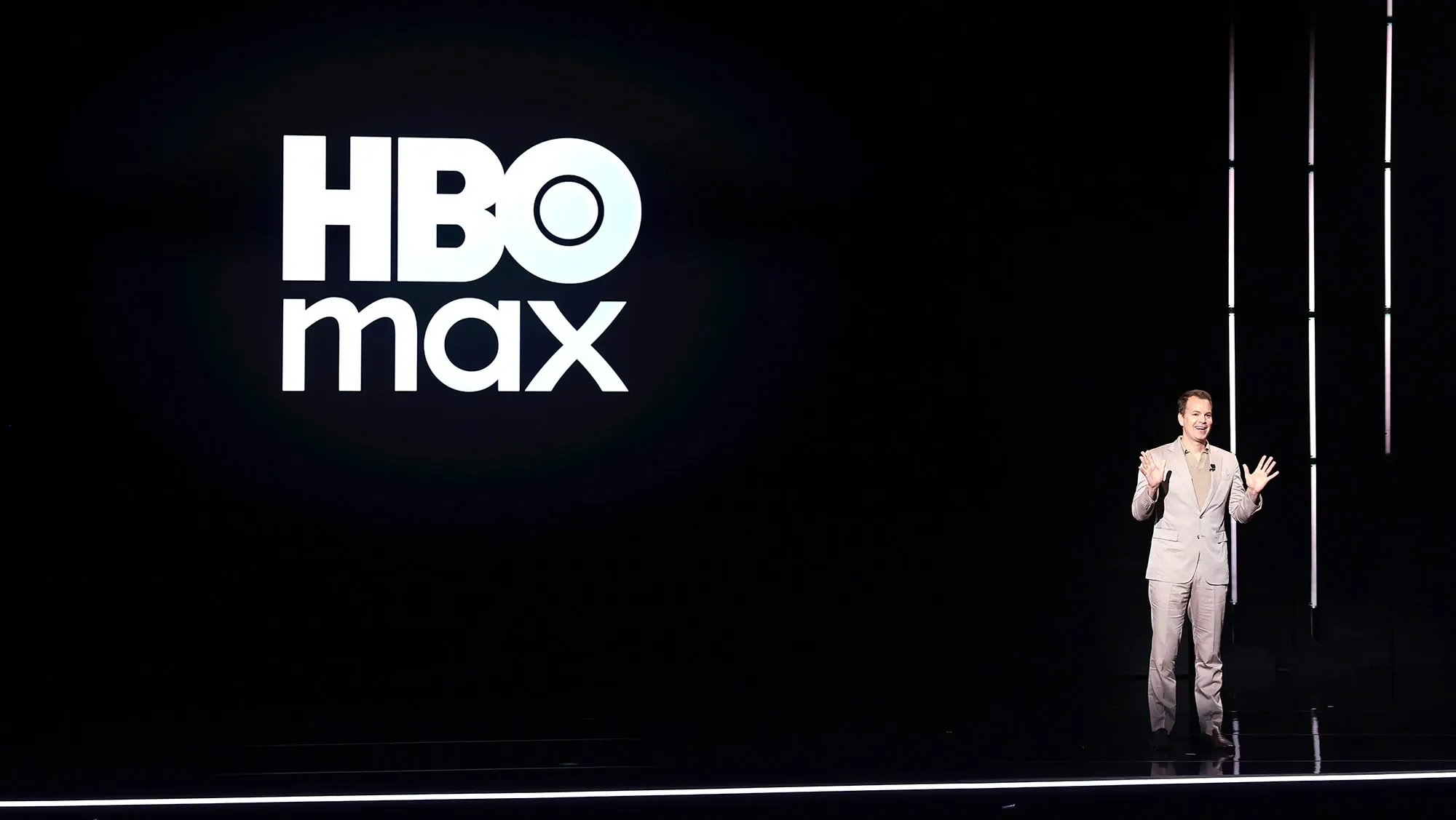

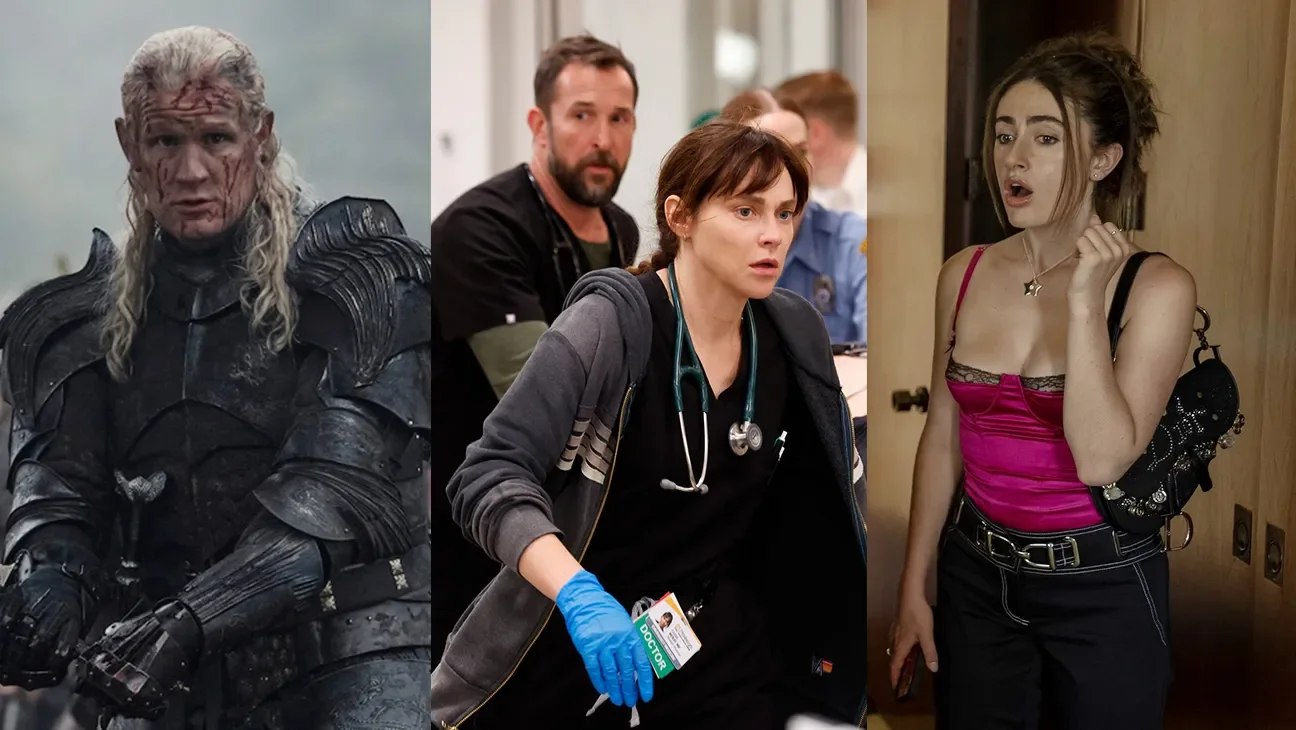
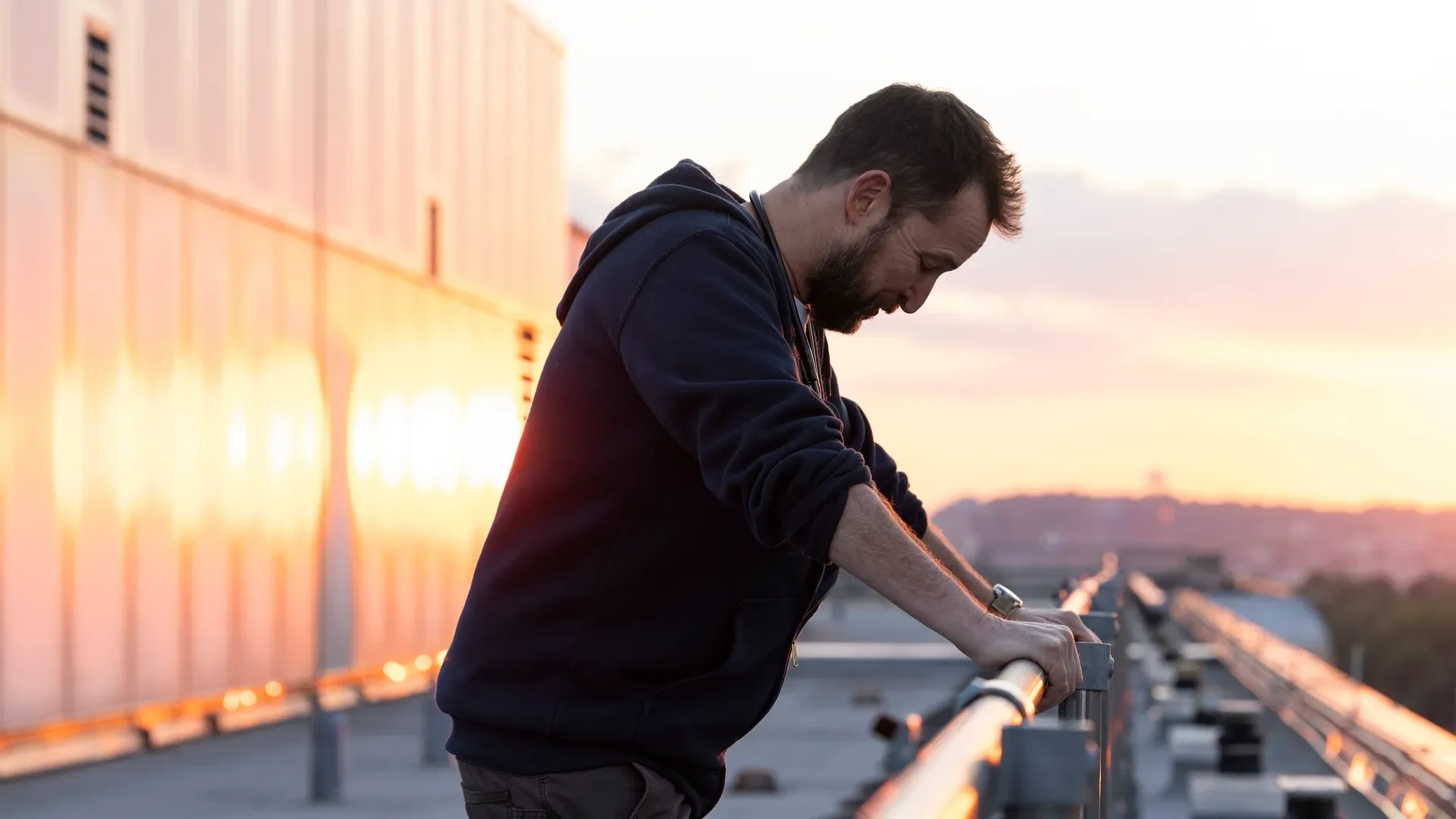
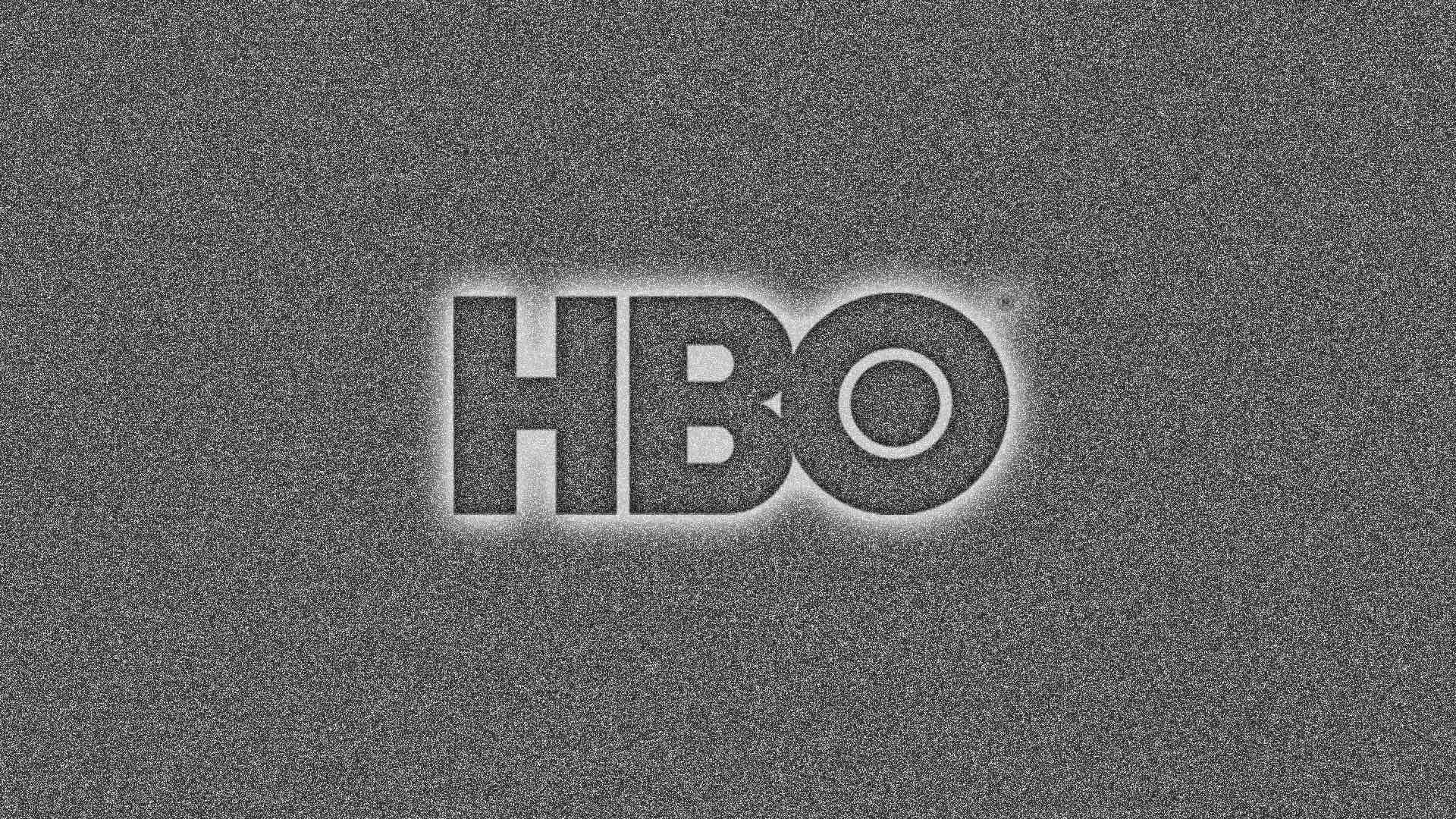






![Sundance 2026 Recap [Part i]
Another Sundance in the books. Last one in Park City— premieres, portraits, and the people who made it.
More to come!
📸: @jonathanpmoustakas on @sonyalpha
#sundancefilmfestival #sundance2026 #thecinemagroup](https://images.squarespace-cdn.com/content/v1/65c1a54efb10480185732c60/1770112011067-GAUJ8WUARIG299C1YW9J/image-asset.jpeg)















